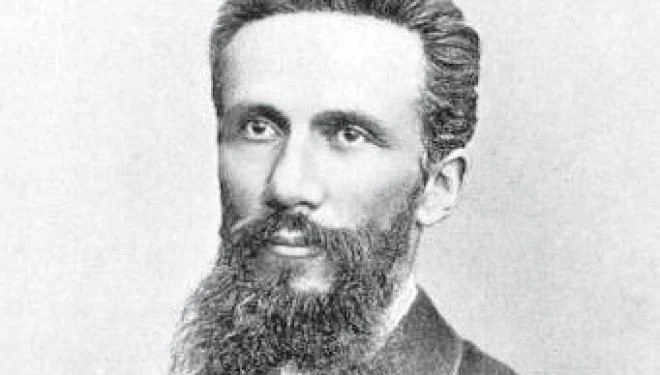The AC system was critical in developing electricity as a readily available power source because it enabled electricity to be transported economically and efficiently over long distances. But do you know what Galileo Ferraris contributed to the industry?
Galileo Ferraris invented the induction motor and three-phase power systems eight months before Telsa. Mikhail Dolivo-Dobrovolsky, the inventor of the Modern Induction Motor or the Squirrel Cage and Three-Phase Power Systems, credited Ferraris as his inspiration.
Galileo Ferraris and the Induction Motor
Galileo Ferraris was an Italian physicist and electrical engineer who pioneered the alternating current power system and invented the induction motor. Many newspapers proclaimed his work on induction motors and power transmission systems among the greatest inventions of all time. He wrote a comprehensive monograph on the experimental results obtained with open-circuit transformers designed by power engineers Lucien Gaulard and John Dixon Gibbs. (Source: Alchetron)
Galileo Ferraris and AC Motor
Ferraris presented his findings to the Royal Academy of Sciences in Turin on March 11, 1888. Two months later, Nikola Tesla gained U.S. Patent 381,968, an application filed on October 12, 1887. Serial Number 252,132. These alternators worked by generating systems of alternating currents that were offset in phase by substantial amounts and relied on a rotating magnetic field to operate. The resulting source of polyphase power was quickly accepted.
The invention of the polyphase alternator and the power transformer is pivotal in the history of electrification. These inventions enabled power to be economically transmitted over long distances via wires. Polyphase power enabled water power via hydroelectric generating plants in large dams in remote locations, converting the mechanical energy of falling water to electricity, which could then be fed to an electric motor at any location where mechanical work was required. This adaptability fueled the expansion of power-transmission network grids on every continent. (Source: Alchetron)
Galileo Ferraris and the Life of Electricity
Ferraris began working at the Italian Industrial Institution, a school of electrical engineering, in 1889. Italy’s first school of this kind was subsequently incorporated in the Politecnico di Torino. Ferraris joined the Italian Electrotechnical Association in 1896 and became the organization’s first national president.
Galileo Ferraris’ research interests were not limited to electricity. He also investigated the fundamental properties of dioptric instruments and created basic representations of the theory and its applications. His work includes a thorough description of geometric dioptrics for uncentered systems. He provided more generality than was previously seen in telescopic system treatments, with less emphasis on applications.
The obtained results are applied to optical instruments in the second main section. The magnification, field of view, and instrument brightness were all carefully considered. The illumination of the area designated as the author of the cone opening angle, the tip of the first main points of the lens, and its base formed by the parts of the object in view will be the same. The eye is not being treated. (Source: Alchetron)
Tributes to Galileo Ferraris
The city of Turin recognized Ferraris’ contributions to science. A general committee proposed that a permanent monument commemorating his scientific and industrial achievements be added to the Royal Industrial Museum of Turin. In addition, an avenue was named after Ferraris.
(Source: Alchetron)
Image from Alchetron
